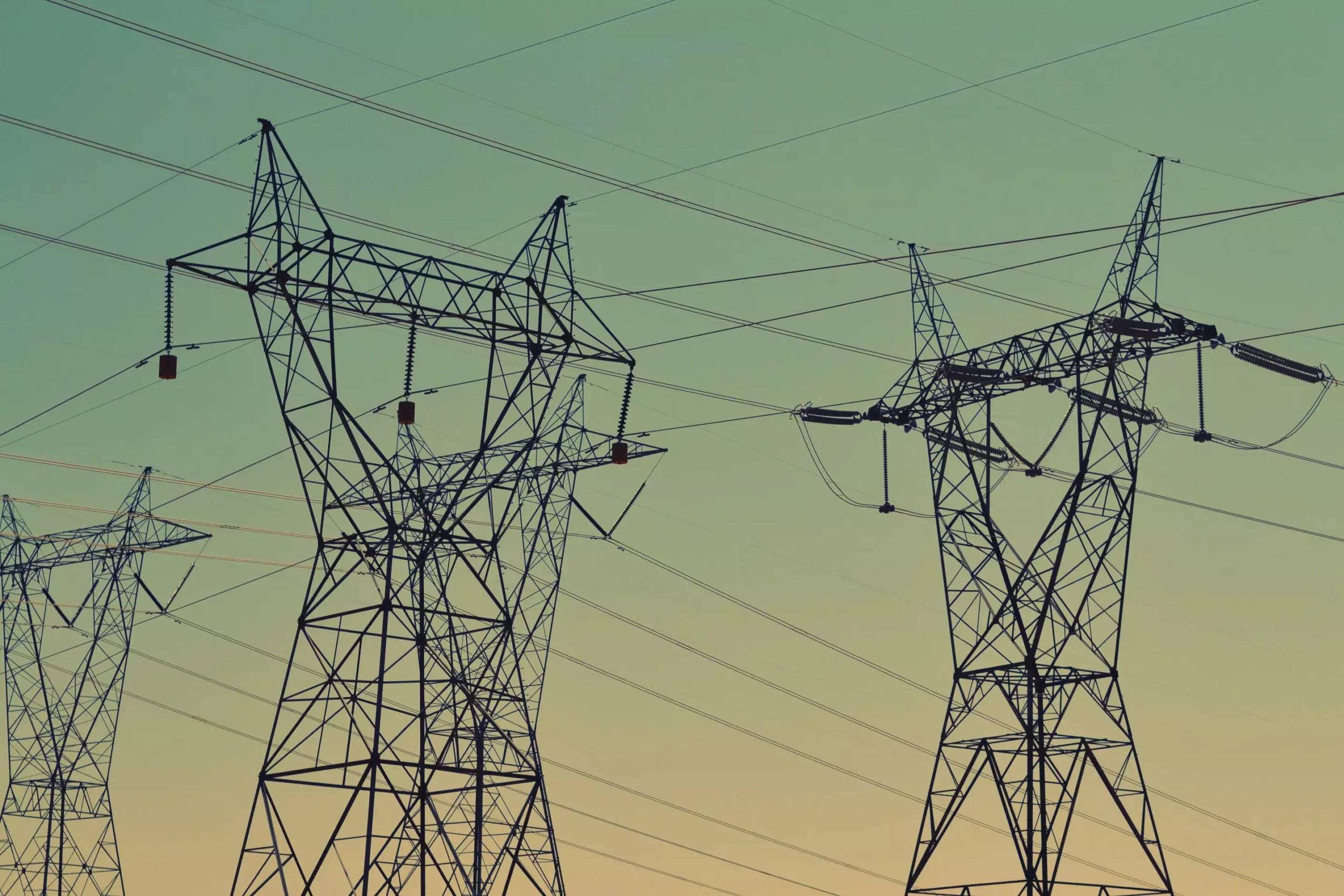Manufacturing nations in the Global North have been transferring energy-intensive industrial processes to countries in the Global South, leading to a significant stockpiling of energy and emission problems. This practice creates what researchers refer to as a ‘false decoupling’ of energy consumption from economic growth. While Global North countries benefit from this outsourcing by capitalizing on cheaper labor and resources, the Global South bears the burden of increased energy consumption and environmental damage due to outdated production technologies.
A recent study published in Energy Economics by an international group of researchers highlights the urgent need for collaboration between countries across both the Global North and Global South to address this disparity. The lead researcher, Yuli Shan, emphasizes the importance of energy equity in global trade agreements. While energy-rich countries in the Global North export energy resources, the Global South engages in energy-intensive export production, ultimately jeopardizing their own environment. Therefore, policymakers must prioritize addressing which countries benefit from embodied energy and unsustainable production processes to promote equity, sustainability, and shared responsibility in the global economic landscape.
The study acknowledges that the Global South not only contributes to the increasing global energy consumption but also plays a crucial role in global embodied energy transfers. These transfers involve energy consumption that is ‘baked into’ manufactured products before being exported worldwide. To curb the escalation of global embodied energy transfer, the researchers advocate for Global South nations to enhance their technological capabilities and foster regional collaboration. They also urge companies and governments in the Global North to provide technical support to improve the efficiency of industrial processes in the Global South.
Efforts to enhance energy efficiency are key to mitigating the potential environmental impact of energy-intensive manufacturing practices. By promoting collaborative efforts to advance technological capabilities and strengthen regional cooperation, nations can work collectively towards a greener and more sustainable world. The team of researchers emphasizes the importance of bolstering technical support, fostering collaboration, and collectively improving energy efficiency to address the challenges posed by rising energy consumption and climate change.
Using the latest multi-regional input-output database (GTAP 11), the researchers analyzed the spatial pattern and driving forces of change for energy embodied in international trade from 2000 to 2019. The study findings reveal that while North-North trade currently dominates global embodied energy transfers, the gap between the Global South and Global North in energy transfers remains significant. This underscores the need for immediate action to address the energy disparity and promote sustainable manufacturing practices worldwide.
The energy disparity between the Global North and Global South in manufacturing presents a pressing environmental challenge that demands collaborative efforts and innovative solutions from nations around the world. By prioritizing energy equity, promoting energy efficiency, and fostering technological advancements, countries can work together to achieve a more sustainable and balanced global economy.


Leave a Reply
You must be logged in to post a comment.